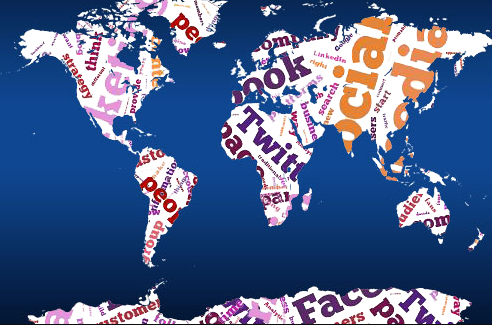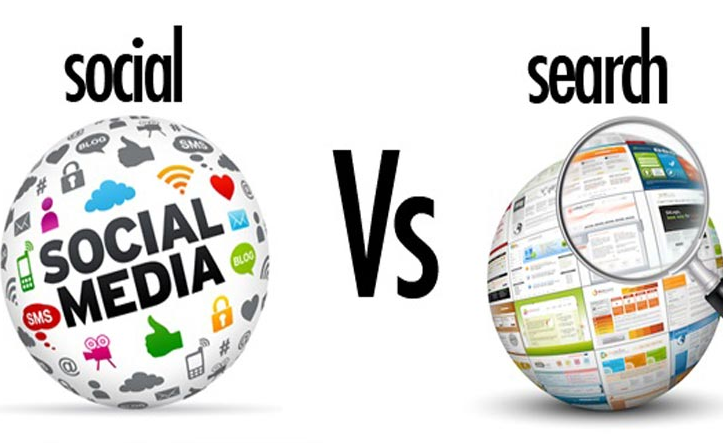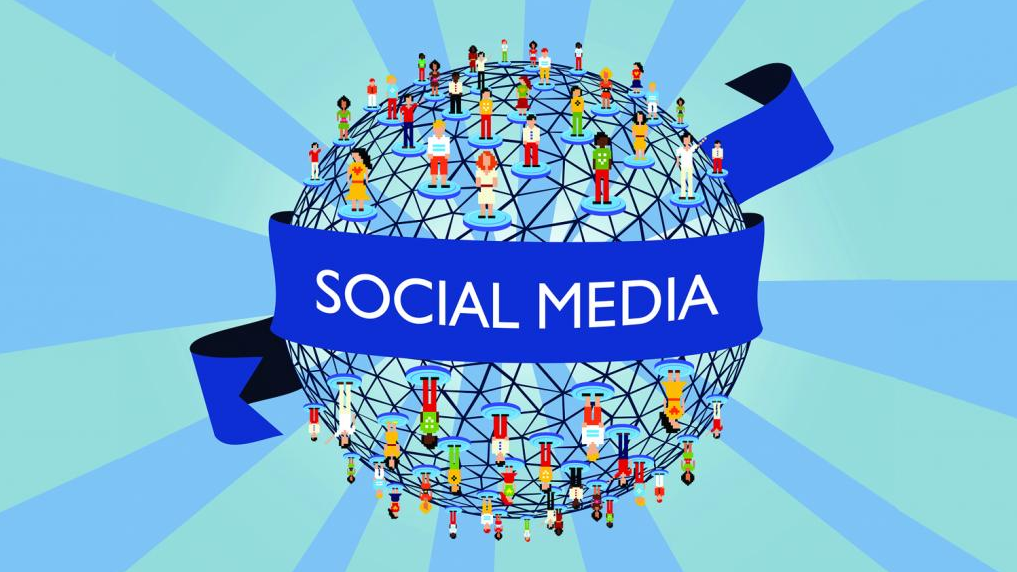My recent trip to China has taught me many things more than that it has left me pondering such questions as to where our economy is headed, what is shaping the future generation’s mindset? How to regulate this social media and influx of digital devices?
China, a communist country although not completely isolated from the world, has taken steps to limit exposure to such social media. The citizens of the country have no access to Google or Facebook.
Would you be so willing to give up Facebook or Google if you were given a large sum of money for it? Economists like Erik Brynjolfsson, Felix Eggers, and Avinash Gannamaneni seek to answer such questions.

A survey was conducted to find out whether subjects would quit social media for a month if they were offered money for it. The results indicated that 20% of them would quit for as little as a dollar but when the money offered was raised, astoundingly, half of the Facebook users were ready to quit.
Another survey conducted by Mr. Brynjolfsson and his colleagues revealed the worth of such digital platforms and apps to the general public. Internet search engines are worth $17,500, Email is worth $8,500, Digital maps are worth $3,500, video streaming giants like Netflix and Youtube are worth $1,150, e-commerce websites are worth $850 and social media sites are worth $300.
This clearly shows that people are more willing to quit social media sites for a lot less money than Google or email. Although the suppliers of Gmail and search like Apple and Microsoft weren’t worth as much as Facebook and its other subsidiaries like WhatsApp, Instagram, and Messenger.
These results were reflected in my own experience during my stay in China. Lack of google maps and Gmail annoyed me although there were other alternatives available I, surprisingly, didn’t miss Twitter of Facebook.
I realized they were not as essential to my life as I had previously considered.

Consumer surplus- a concept introduced by economist William Nordhaus, can be applied to the digital goods as well since many digital goods are free, the unmeasured consumer surplus from these goods are quite huge.
Take Facebook, for example, it creates huge profit from consumer surplus because quite literally everyone is on Facebook from your child’s nanny to your gardener!
The issue with this is that it is not like email where one has various other alternatives, so the social media should be turned into something akin to email so that it can be taken from one provider to another.

A shocking revelation from another study conducted by economists Susan Athey, Christian Catalini and Catherine Tucker, brings to light how little a value we attach to our own and our close one’s privacy.
The subjects, MIT students, were revealed to be willing to hand over personal data and information about their close friends for a slice of pizza.
To overcome this issue, Tim Bernes-Lee has been contending for a system called ‘Solid’, which allows one to control and reveal their personal data at their own pace and Stefano Quintarelli been pushing for allowing legislation in Italy.
Thinking of this, are we really at this age when our personal information is worth just a slice of Domino’s pizza or KFC’s chicken wings? Isn’t it time to teach this generation the value and worth of one’s privacy?


















Add Comment